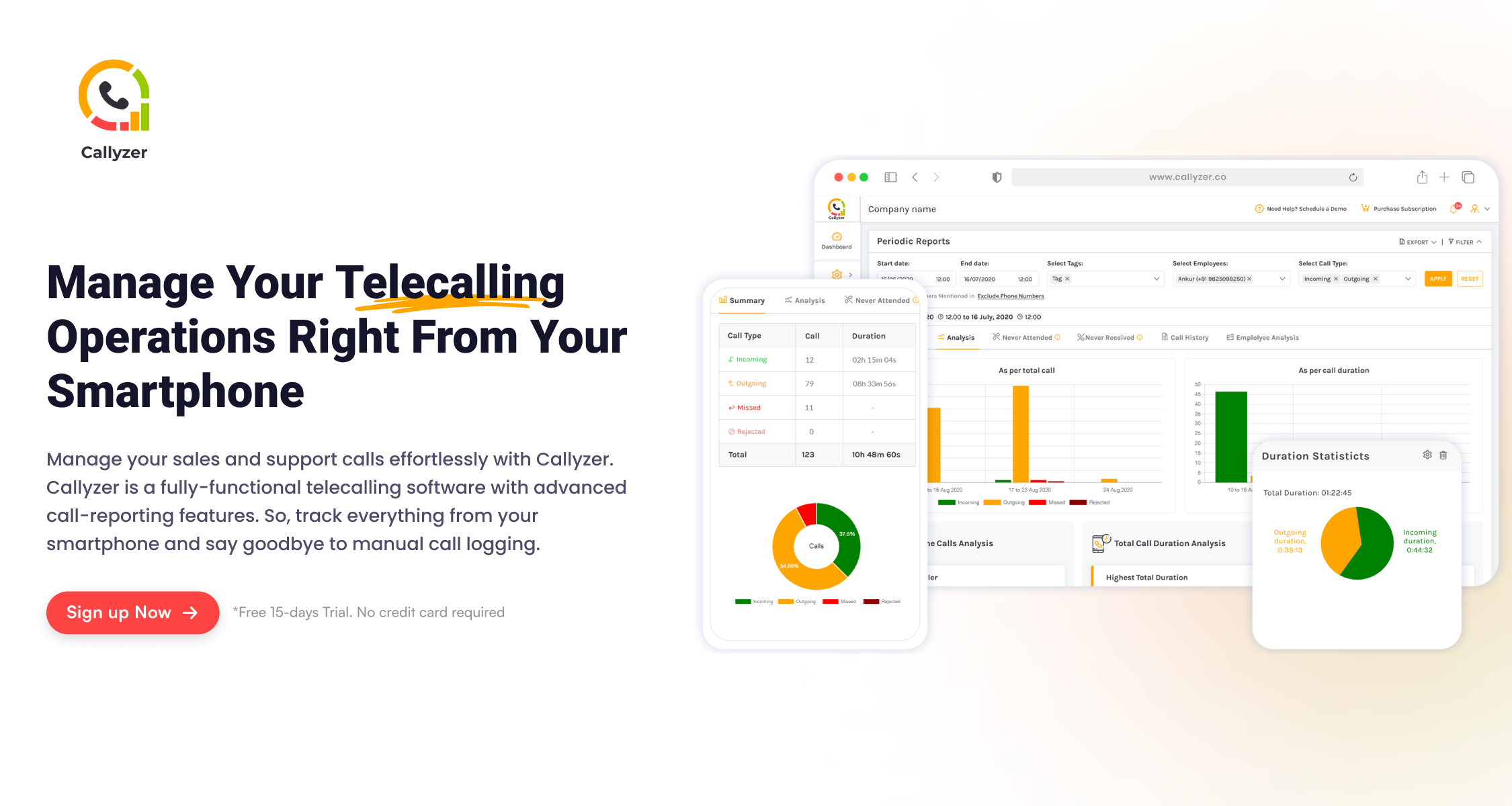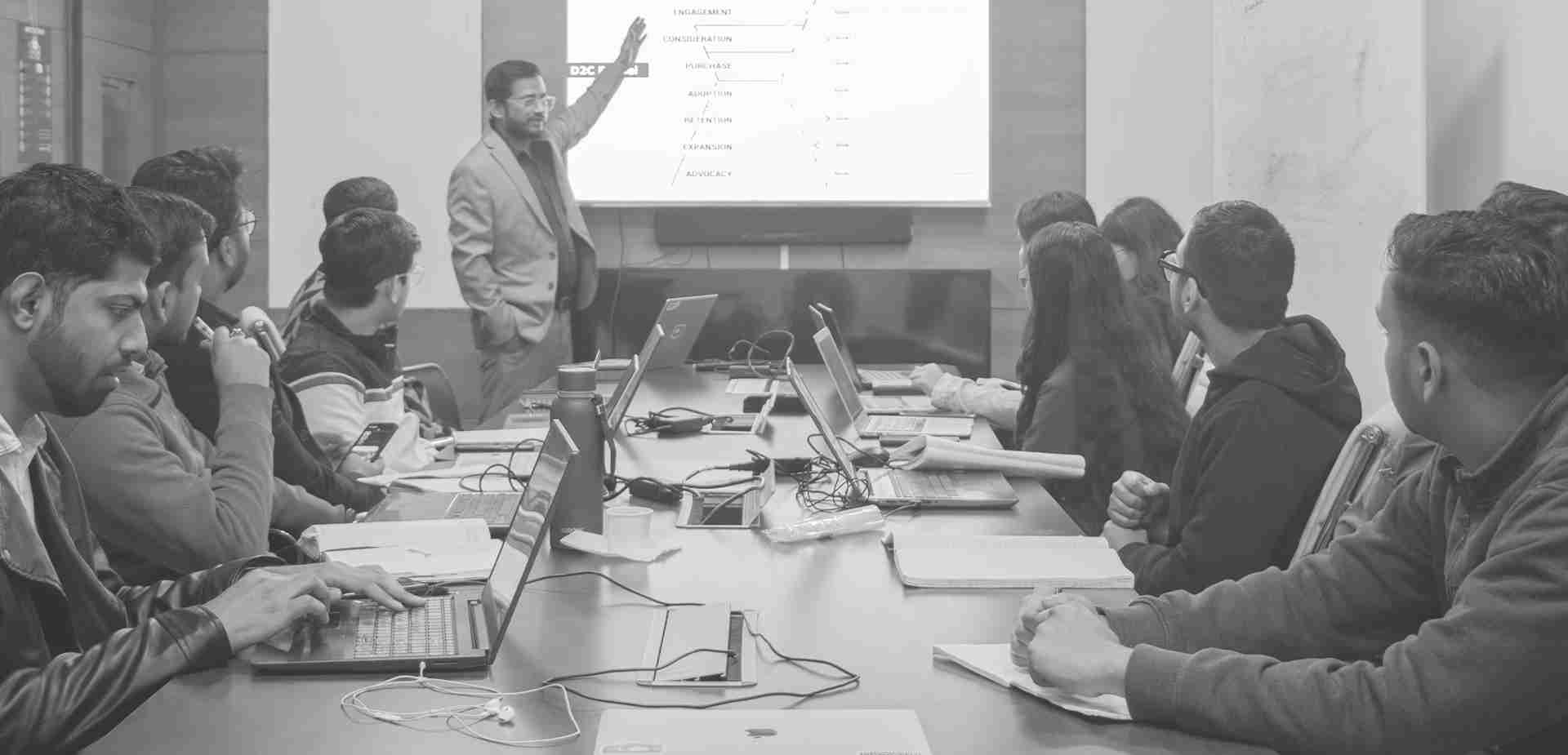Boost your network growth with Lead MLM Software’s Stair Step Plan – designed to reward leaders, motivate teams, and ensure long-term success.
WhatsApp : wa.link/3lhyj1
Call : +91 9946345177
Skype : info@leadmlmsoftware.com
Website: https://leadmlmsoftware.com
Email : mailto:info@leadmlmsoftware.com
.
.
.
#mlmsoftware #stairstepplan #leadmlm #networkmarketing #mlmsolutions #businessgrowth




